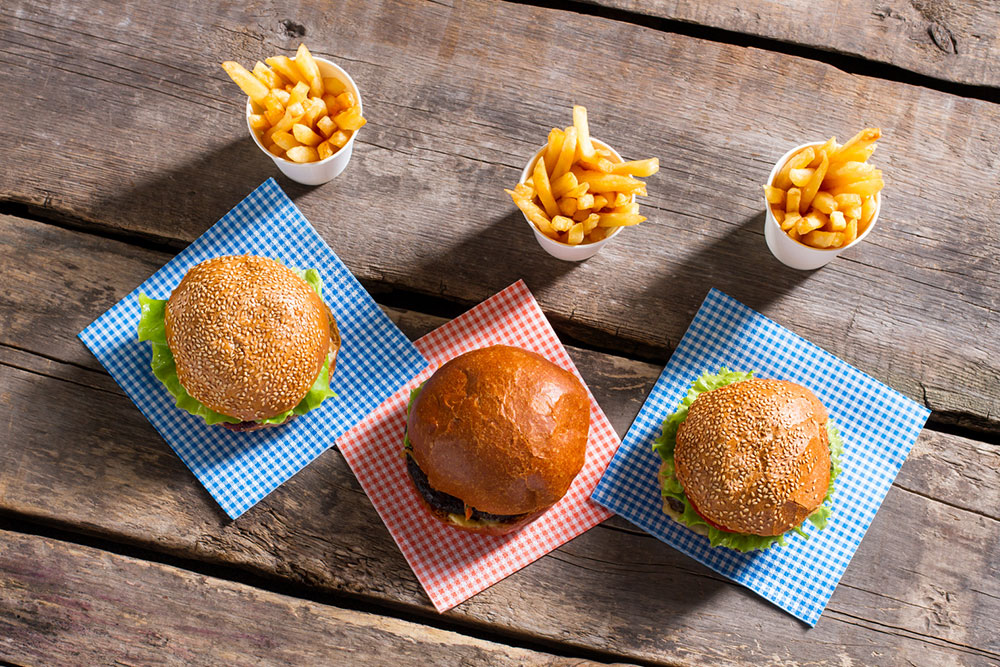Comprehensive Dietary Strategies to Manage and Alleviate Eczema Symptoms
This comprehensive article offers detailed insights into dietary modifications and common food triggers for eczema. It emphasizes personalized elimination diets, professional guidance, and nutritional balance to help manage and reduce flare-ups. Learn about foods like citrus, dairy, eggs, and processed items that may worsen eczema symptoms, along with tips for safe dietary practices. Tailored strategies are essential for long-term skin health and comfort, making this guide a valuable resource for eczema sufferers seeking effective symptom control.

Effective Dietary Guidelines for Eczema Control and Relief
Eczema, also known as atopic dermatitis, is a chronic skin condition characterized by persistent itching, inflammation, and irritation. Managing this condition often requires a multifaceted approach, with diet playing a significant role in either prompting or alleviating flare-ups. For those affected by eczema, understanding which foods may trigger symptoms and adopting appropriate dietary strategies can make a considerable difference in quality of life. This comprehensive guide explores essential dietary restrictions, identifying common triggers, and practical tips to help individuals with eczema control their symptoms effectively.
The Interconnection Between Diet and Eczema Flare-Ups
Dietary choices influence immune responses and skin health. For many eczema sufferers, certain foods can provoke allergic reactions or sensitivities that worsen skin inflammation. While eczema triggers vary from person to person, recognizing and avoiding specific foods can significantly reduce the frequency and severity of flare-ups. Collaborating closely with healthcare providers, including allergists and dietitians, is crucial in establishing a personalized elimination diet and identifying potential food allergies through testing. Such tailored approaches maximize symptom management while ensuring nutritional adequacy.
Common Food Triggers That exacerbate Eczema
Knowing which foods are commonly associated with eczema flare-ups helps individuals make informed dietary choices. The following foods are frequently linked to allergic reactions and inflammation in sensitive individuals. Regular monitoring and professional guidance are key to effectively managing these triggers and maintaining skin health.
Many people with eczema need to be cautious with specific food categories that may induce allergic responses. It is important to understand that not everyone reacts to all identified triggers; thus, individualized assessment is essential. An elimination diet, performed under medical supervision, can help pinpoint particular foods that worsen your eczema. This process involves removing suspected foods from your diet and reintroducing them gradually to observe reactions, typically over a period of about four weeks. Accurate identification of personal triggers allows for targeted dietary modifications, reducing flare-ups and improving overall skin condition.
Foods That Commonly Trigger Eczema Flare-Ups
Here are some foods known to provoke allergic skin responses and inflammation in sensitive populations. If you notice significant worsening of eczema symptoms after consuming any of these, consider eliminating them from your diet under professional guidance:
Grapes and Wine: Grapes and wine contain salicylates, monosodium glutamate (MSG), and biogenic amines, which can irritate the skin and trigger itching or inflammation in susceptible individuals.
Citrus Fruits: Oranges, lemons, grapefruits, and other citrus fruits are rich in chemicals that may stimulate itching and skin inflammation, especially in allergy-prone individuals.
Tomatoes: Containing high levels of salicylates, amines, and MSG, tomatoes are common triggers for allergic reactions and eczema exacerbation in sensitive patients.
Dairy Products: Milk, cheese, yogurt, and other dairy items may contribute to eczema flare-ups in some people; however, dairy is also a vital source of calcium. Alternative sources or supplements should be considered to maintain bone health.
Eggs: Consuming eggs, particularly raw or undercooked, can increase skin inflammation and provoke allergic responses in certain eczema sufferers.
Fast Food and Processed Foods: These often contain additives, preservatives, and allergens that can aggravate eczema symptoms, particularly in children and sensitive adults.
Nickel-Rich Foods: Foods like beans, lentils, chocolate, soy, shellfish, peas, and spinach contain nickel, which can contribute to skin itchiness and inflammation in some individuals with nickel sensitivity.
Implementing dietary changes to avoid these foods, with the guidance of healthcare professionals, can help reduce eczema severity. Remember that nutritional balance is vital, so any elimination diet should be managed carefully to prevent deficiencies while effectively minimizing flare-ups.
— The full understanding and management of dietary triggers are essential to controlling eczema. Personalized dietary adjustments, professional guidance, and regular monitoring form the cornerstone of effective eczema care, promoting healthier skin and improved quality of life.




